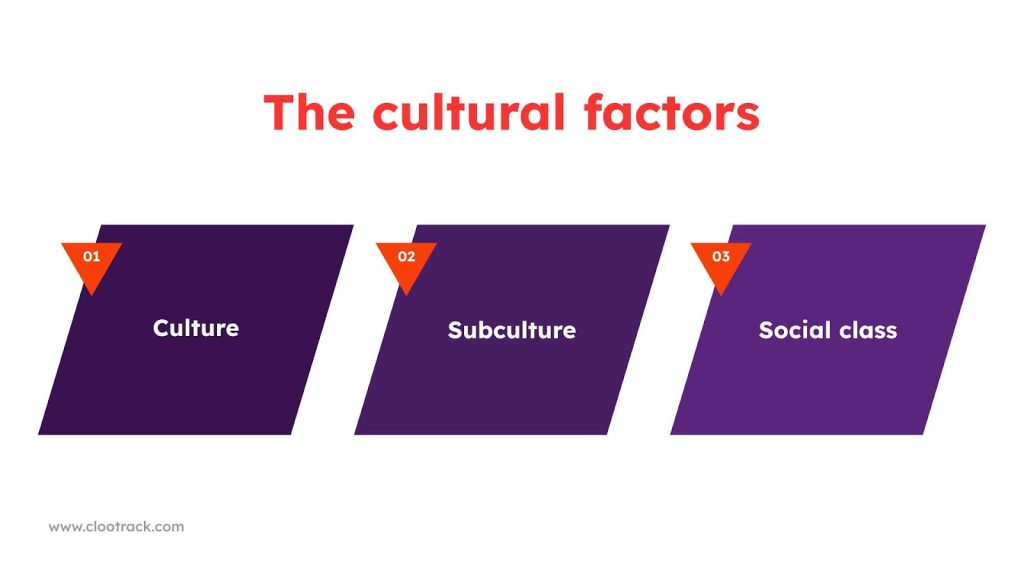Nicknames are more than just casual substitutes for formal names. They often carry deep personal and cultural significance, reflecting identity, traditions, and values. For many, a nickname is not chosen at random but shaped by social interactions, emotional ties, and cultural background.
Unique nicknames, in particular, reveal how individuality combines with heritage. From childhood monikers to names adopted in adulthood, personal influences often play a huge role. At the same time, cultural factors like language, customs, and societal norms can guide the choice.
This dynamic makes nickname creation both fascinating and meaningful. Understanding how cultural and personal influences shape these names helps reveal not only personality but also the larger community in which a person belongs.
Cultural Influences in Nickname Selection
Language and Linguistic Styles
Cultural languages often determine how nicknames sound. A single name may take on different forms depending on local speech patterns.
Traditional Customs and Heritage
Many communities pass nicknames through generations. These carry historical significance and preserve family honor.
Popular Culture Inspiration
Movies, music, and sports influence nicknames. Characters or icons often inspire modern naming choices.
- Nicknames derived from folklore
- Names tied to local legends
- Modern adaptations influenced by media
Personal Identity and Self-Expression
Personality Traits as Inspiration
People often choose nicknames that reflect qualities like humor, bravery, or creativity.
Emotional Connections and Memories
Unique nicknames can come from meaningful life experiences or personal milestones.
Expression of Individuality
Nicknames can separate someone from a group by highlighting their uniqueness and originality.
Social Circles and Peer Influence
Friends and Community Impact
Peer groups often assign nicknames based on shared jokes or memorable moments.
Workplace and Professional Environments
Colleagues sometimes create playful or respectful nicknames tied to roles or achievements.
Online Communities and Gaming
In digital spaces, usernames and nicknames express both creativity and identity.
Family Bonds and Childhood Nicknames
Parent-Given Nicknames
Parents often create affectionate nicknames influenced by love and care.
Sibling-Inspired Nicknames
Brothers and sisters may invent humorous or playful names based on family memories.
Generational Nicknames
Some families preserve traditional nicknames passed down for years.
- Childhood pet names
- Nicknames tied to family traditions
- Cultural nicknames preserved through heritage
Regional and Social Background
Geographic Origins of Nicknames
Regional dialects and local traditions often influence how nicknames are created.
Religious or Spiritual Influence
Spirituality sometimes shapes names that carry deeper meaning or blessings.
Community-Based Naming Practices
Social structures and neighborhood culture shape the way nicknames develop.
- Names based on local dialect
- Nicknames tied to cultural rituals
- Social identity reflected in name choice
Evolution of Nicknames Over Time
Transition from Childhood to Adulthood
Nicknames often evolve as people mature, reflecting life changes and growth.
Impact of Changing Trends
Modern lifestyles and global cultures influence how nicknames are formed.
Lasting Emotional Value
Even after changes, some nicknames remain timeless and emotionally significant.
Conclusion
Nicknames represent more than playful substitutes; they reflect both cultural roots and personal identity. While cultural factors like language, tradition, and community influence choices, personal experiences, family, and individuality shape them uniquely. Over time, these names may evolve but often preserve deep emotional meaning. Ultimately, the choice of a unique nickname illustrates the perfect blend of individuality, heritage, and self-expression, showing how personal and cultural elements combine to create meaningful identity markers.


